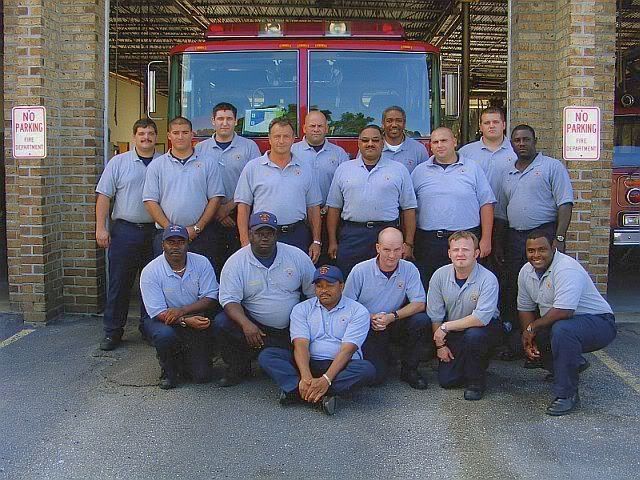Re: PTSD throughout History
Folks,
Just for added information, one of the terms used during the ACW era for PTSD was "Soldier's Heart". In my gggreat uncle's pension application to the state of Florida, the physician's affidavit list his disability as "Meloncholic Insanity". The doctor believed it was directly related to a head wound (he was wounded five times). His widow eventually received a pension of $120.00 per year from the state of Florida.
Folks,
Just for added information, one of the terms used during the ACW era for PTSD was "Soldier's Heart". In my gggreat uncle's pension application to the state of Florida, the physician's affidavit list his disability as "Meloncholic Insanity". The doctor believed it was directly related to a head wound (he was wounded five times). His widow eventually received a pension of $120.00 per year from the state of Florida.




Comment